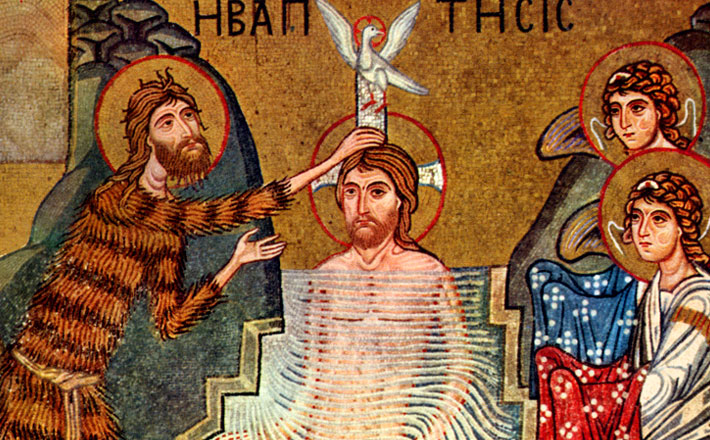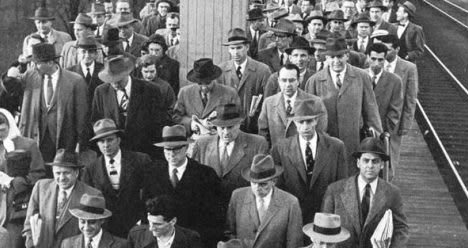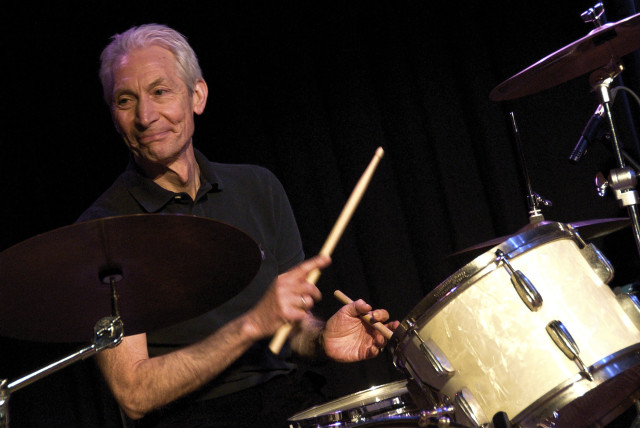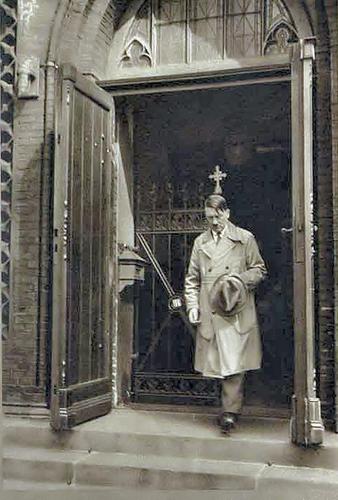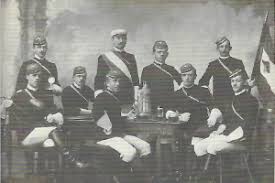Last Friday evening Monica and I saw Jesus Christ Superstar at Crown Theatre in Perth. The band was amazing, the staging effective, the music superb, the dancers spectacular, the soloists soaring, the light show a spectacle complementing it all. It was a great, high-sensory, night out.
I remember the controversy in the early 70s when the musical was first performed. I was just a boy then, in a Catholic environment, and can remember the tut-tutting and warnings about the musical. I can see why, especially in those more conservative and defensive times. Jesus is portrayed as very human – merely human? – and quite insecure about his identity and mission. The ending is ambiguous: he died but still lives … but where? How? In what kind of existence? He and Judas share the final scene. It is not, however, resurrection.
The whole notion of Jesus as a ‘Superstar’ was playing on the personality cults which emerged in popular culture in the 60s, and came not long after John Lennon’s infamous throw-away remark that the Beatles were more popular than Jesus. It was seen by some as deliberately provocative and offensive, and perhaps it was. And Herod as gay? As far as I know, there is little historical evidence for this characterisation, but it would have been another provocation for those concerned about the production.
Superstar is very different from Godspell which appeared around the same time, a Stephen Schwarz musical based loosely on the Gospel of Matthew (and which I would love to see brought unapologetically to the big stage again, especially in a full theatre show like this one).
 Mahalia Barnes played Mary Magdalene and performed beautifully the show’s breakout song I Don’t Know How to Love Him. It was a highlight. I also really enjoyed the vibrancy of the dance, and especially the work of Darcey Eagle, the ‘mob leader’ who brought very sinister atmospherics to her performance.
Mahalia Barnes played Mary Magdalene and performed beautifully the show’s breakout song I Don’t Know How to Love Him. It was a highlight. I also really enjoyed the vibrancy of the dance, and especially the work of Darcey Eagle, the ‘mob leader’ who brought very sinister atmospherics to her performance.
I don’t think Christians need get upset that Superstar isn’t a faithful representation of the gospel story. It is a secular representation of Jesus’ personality refracted through the lens of a popular cultural motif. It is entirely unsurprising that secular creatives would be attracted to the person of Jesus, and that they would interpret him in categories open to and familiar to them. (Christians do that all the time as well, unfortunately.) I am glad that they are attracted to the figure of Jesus! And I am glad that thousands will be attracted to see the show.
During the intermission I heard a young woman speaking to her friend as they walked by: “I didn’t know Judas betrayed Jesus.” It seems remarkable to me but there you go. We live in a very different cultural moment to the early 70s and the Jesus-story is not well known. Superstar won’t improve that. But perhaps—and this is my prayer—some of those who go to see the show might be prompted to explore the biblical story for themselves. Or to talk at work about the show and maybe hear others’ perspectives about Jesus. On that basis I would encourage Christians to go see it, so they can join in the discussion.
Jesus Christ Superstar plays until March 2nd in Perth before moving to seasons in Melbourne and Brisbane. I really enjoyed it and can recommend a good night out.
Photo Credits: Both photos were taken by Jeff Busby and found at the Jesus Christ Superstar gallery.

